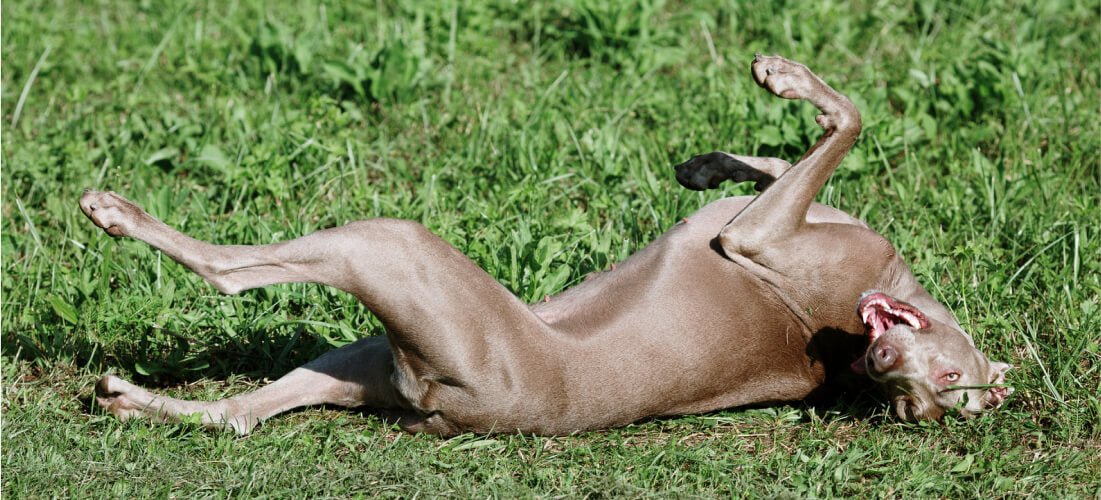Is it Seasonal Scratching or a Chronic Skin Problem?

We sat down with Dr. Aletha Carson, Doctor of Veterinary Medicine, to discuss seasonal scratching: what to look for, and how to tell the difference between seasonal scratching and a chronic skin problem.
Aletha Carson: Chronic skin conditions can be seasonal scratching and environmental allergies can have a seasonality component. It becomes a little bit of a sleuthing game and trying to see what works. We put on our detective hats and we start to try to figure it out. We’re trying to figure out:
- Do we need to treat the allergies?
- Is there a food allergy component?
- Are fleas a component?
- Are there other bug bites as a component?
So, you can see it becomes pretty complicated to sort out exactly where the scratching is coming from. And sometimes, it’s a factor of all of the above.
We start asking questions:
- When did this start?
- Did anything change?
- Have you changed any bedding?
- Have you changed any shampoos?
- Did you wash your dog with something different?
- How’s the flea medicine going?
As we’re sleuthing through these things that can cause itchiness, we’re trying to rule out some of the really obvious things, like the flea medication or changes in your house. Oftentimes as we’re trying to sort through this, if we suspect that there’s a food component to it, your veterinarian may recommend doing a hypoallergenic food trial.
If you have a pet that’s really itchy already and you live in an area that has a lot of mosquitoes, make sure that you add some preventative protection. Itching tends to not be additive. I always like to say that one plus one isn’t necessarily two in itching. It can be one plus one equals 10 sometimes because, if they’re already itchy and they get something else, it just becomes unbearable.
As a veterinarian, these are really frustrating cases to unravel. You’re asking the owners ‘when did this first start?’ ‘Well, I’m not really sure.’ You’re making an educated guess. We now see that, with scratching metics and journaling when you notice a change, you can tell whether treatments worked or not. It takes the subjectivity and our observational biases out of the picture and gives us really objective data to then make these decisions, and if we can catch that before it starts to ramp up, we can potentially avoid a major vet visit.









